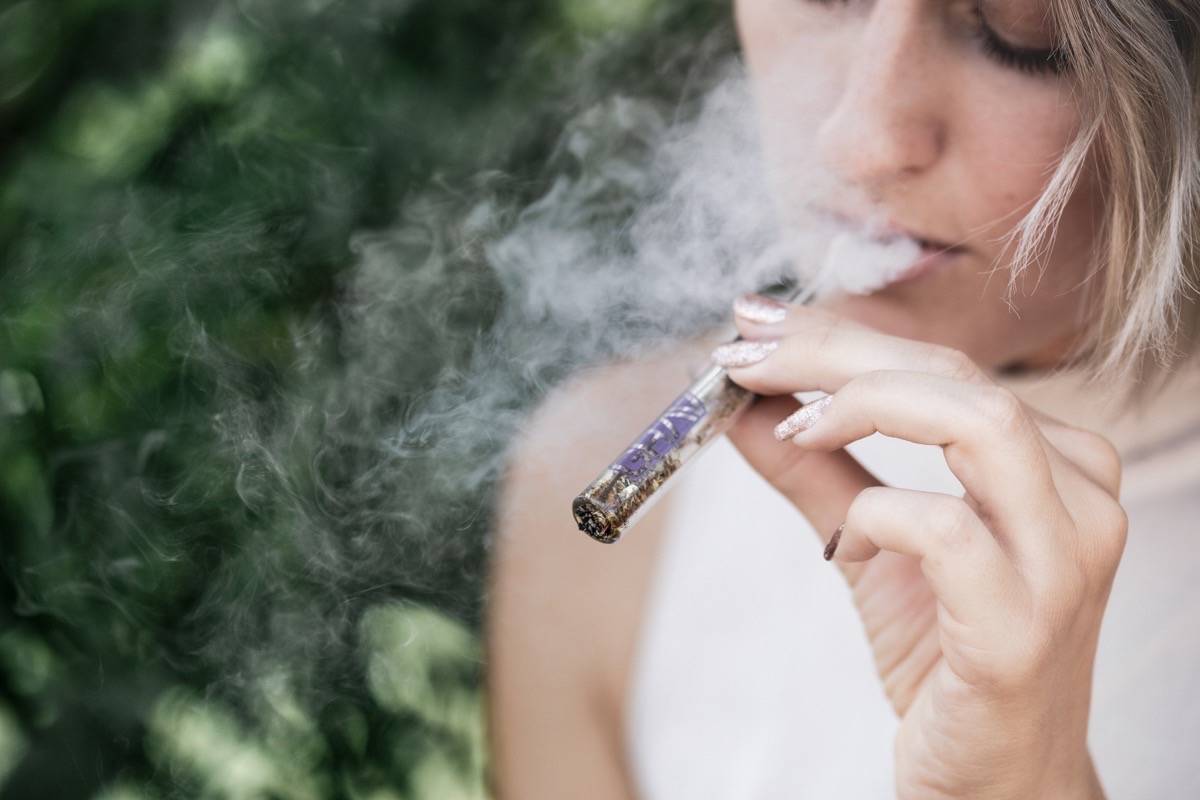It’s promising to be a chill day across the country, as Canadians wake up to the first day of legal pot.
While Ottawa gave the a-okay to light up a joint starting Oct. 17, there are only a few places in Alberta where recreation cannabis is sold.
Interim licences have been issued to 17 retailers in Alberta stretching from the Edmonton area and Devon to Calgary. The majority of the stores appear to be in the Edmonton area.
Starting at midnight on Oct. 17, Albertans are also able to order marijuana online at albertacannabis.org. According to the Alberta Gaming and Liquor Commission (AGLC), applicants looking to sell recreational marijuana must go through an extensive background check.
For anyone involved in the unlawful sale of cannabis previous to legalization, or has criminal offenses related to drug trafficking, they will not be eligible for a retail licence.
As of Oct. 16 there were just over 40 pending applications in to the AGLC with three being in the Red Deer area, one in Wetaskiwin and one in Sylvan Lake, although it’s expected that number will increase.
The Town of Ponoka is expected to see one or two applicants, however, the town only just passed its cannabis licence bylaw. Where the AGLC doesn’t regulate is in the number of cannabis retail stores, their locations, retail competition and community safety and image.
Speaking ahead of legalization, the head of Canada’s police chiefs, Adam Palmer, said that there were “no big raids or anything planned” at unlicensed pot shops across the country.
Palmer, who also heads up the Vancouver Police Department, noted that police priorities on marijuana will stay largely the same.
“It’s important to remember that while the legal recreational use of cannabis will be new to Canadians, enforcing laws around impaired driving and the illegal production, distribution and consumption of cannabis will not be new to police,” Palmer told reporters Monday.
“It’s good to have a clear direction… but in the scheme of things, marijuana is important but it is not the most important thing going on in the country. Fentanyl kills a lot of people… marijuana doesn’t.”
Although driving impaired is already illegal, the province has brought in a new 90-day administrative driving prohibition (ADP) for any drivers who police think are driving while high, plus they would have to participate in a one-year interlock program.
As for drivers under the graduated driver licencing (GDL) program, there is zero tolerance for those found, “to have any amount of cannabis or illegal drugs in their blood.”
It’s the same policy used for alcohol with GDL drivers.
Police can test for impairment either by using the standard field sobriety test or the newly-approved roadside saliva test: the Drager DrugTest 5000.
Drivers with too much THC in their blood could net a fine of at least $1,100 and spend up to five years in jail for repeated offences.
People will be able grow up to four pot plants at their home, as long as it’s not being used as a daycare and the plants can’t be seen from outside.
Many strata and apartments have imposed their own rules about whether pot plants can be grown on their property.
People will be able to carry up to 30 grams of marijuana on them in public, as well as smoke outside in most of the same places as tobacco smoking and vaping is allowed, however, there maybe some restrictions if a municipality has a public consumption bylaw in place.
Pot smoking will be forbidden at playgrounds, sports fields, skate parks and other places where kids are likely to be.
Although smoking in prohibited places is illegal, Palmer said it’s unlikely police officers will be arresting people on the streets.
Minor infractions like smoking illegally will be handled by bylaw officers, he said, while large-scale imports, exports and production will fall to police detachments.
“Nobody’s going to jail for something like that.“
While smoking illicitly-obtained pot remains against the law, Palmer said, no one is going to be asking pot smokers for receipts.
“If somebody’s walking down the street smoking a cigarette, the police aren’t coming up to them and seeing if that tobacco is purchased at the 7-Eleven or they purchased it illegally from a tobacco trafficker,” he said.
AGLC has signed contracts with 15 federally licensed producers.
There are 17 interim Alberta retailers with cannabis licences.
“This licence allows retailers to order and have product shipped to retail locations in preparation of legalization,” states the AGLC website. “Interim licensees that fulfill all conditions will be issued a sales licence on Oct. 17; legally ready to open their doors to the public.”



